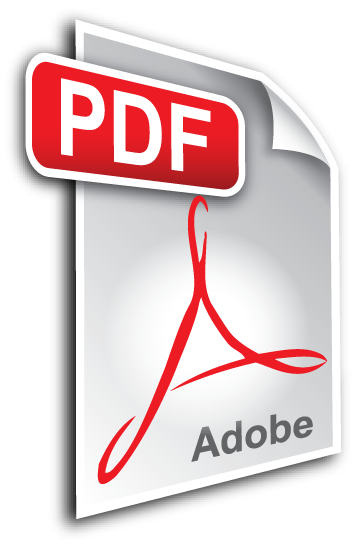Wednesday Academic Dialogue (27-1439)
|
|
Unlocking the Potential of Zakat and Other Forms of
Islamic Finance to Achievee the SDGs in Indonesia

Dr. Francine Pickup
ProDeputy Country Director for UNDP in Indonesia
Wednesday 21-03-2018 (04-07-1439H)
Abstract
Indonesia’s economy is growing and the country’s citizens are well known for their generosity, especially for religious giving – including Zakat and Waqf. Indonesia has an unparalleled opportunity to alleviate poverty and achieve SDGs using the untapped potential of Islamic finance and funds, as funding from the Government and international development partners alone will not be enough. In this regard, zakat and the other forms of Islamic finance (Waqf, microfinance, Sukuk) offer an important key to achieving the SDGs. The quest for the UN Development Programme, BAZNAS and partners is to bridge that gap by unlocking the abundant resources of the country’s private sector and religious giving.
Zakat, Islamic microfinance, Waqf and Sukuk are Islamic financing and funding instruments that can complement each other in eradicating poverty and promoting inclusive and sustainable economic growth. Zakat management in Indonesia has undergone major changes in approach and impact with promising results. Zakat can combine with other sources of Islamic finance to support entrepreneurship and expand financial inclusion. Waqf also is a charitable form of giving and is more flexible than zakat, which means it can be used for economic growth and income generation. While zakat, Islamic microfinance and Waqf are largely charitable forms of funding, Sukuk (Islamic bonds) are a commercial instrument that can attract financing to socially responsible development that also supports the SDGs.
Keywords: Zakat, Waqf, Sukuk, BAZNAS, UNDP, Development Program
JEL Classification: E62, H21,P51.
|
|
Last Update
3/22/2018 1:38:00 PM
|
|
|
|